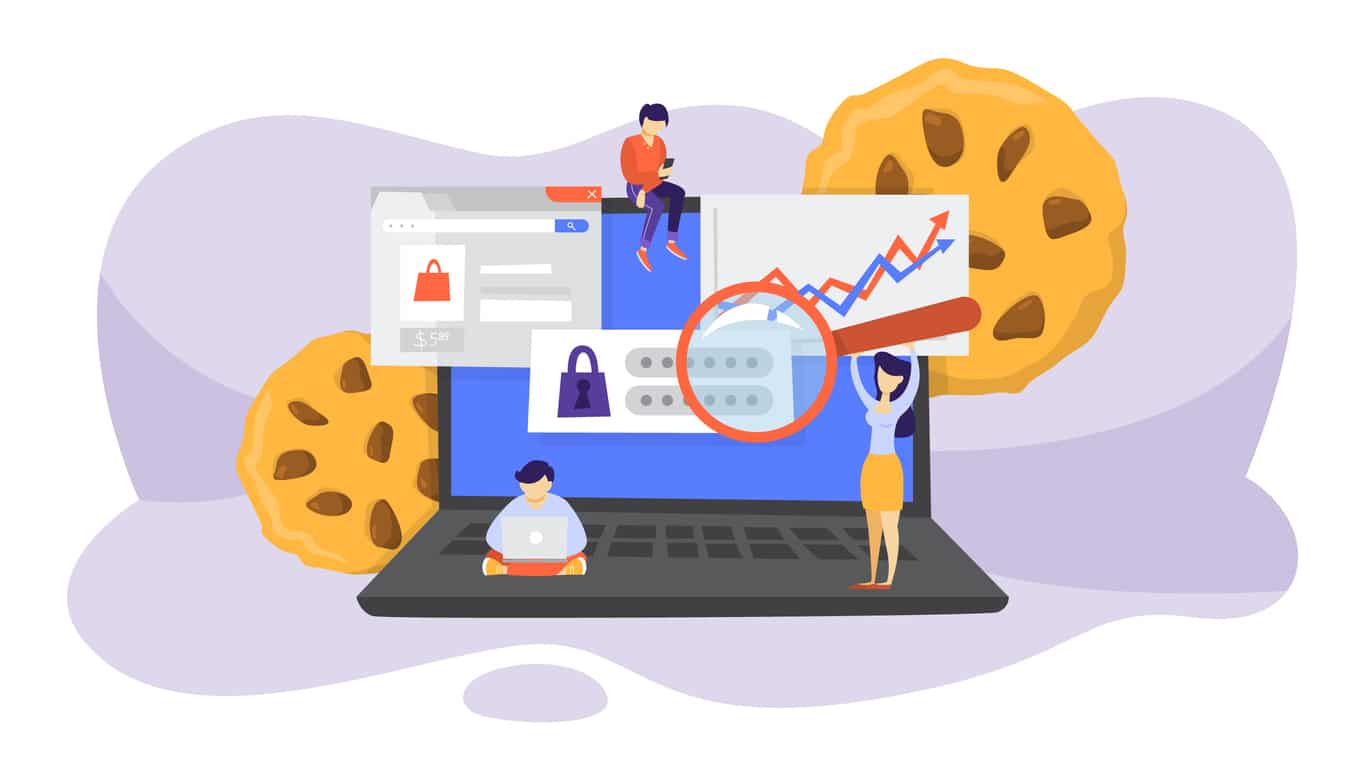It’s time to start saying your goodbyes to third-party cookies, AKA those little pieces of code that track your browsing habits and allow businesses to target you accordingly. Google is preparing to finally ‘sunset’ third-party cookies, a move that has been in the making for many years. Firefox and Safari have been blocking third-party cookies for a decade now, and with EU regulators demanding tech giants take stronger action on privacy, it was apparent that Google needed to act.
The announcement of the end date of third-party cookies has been pushed back several times, however, no further deadline extensions are expected. Google is set to trial an alternative tool for targeting this year, and completely stop using third-party cookies by the second half of 2024.
Why, Google, why?
Third-party cookies are loved by digital marketers and businesses as they track a host of analytics such as how often people visit a site, where they went next after leaving a site, and goods and services viewed. This data allows businesses to create audience profiles and target visitors accordingly.
That said, the wider world tends to dislike being tracked by third-party cookies, and web3 natives despise them so much that one of the main foundations of web 3 is a world free of data tracking. (You can learn how web3 creates personalised browsing experiences with our download or discover how you can still elevate digital marketing in a web3 world here.)
In sunsetting third-party cookies, Google will no longer sell ads targeted to individuals’ browsing habits, and Chrome will ban cookies that collect that data. To appease consumer demand and privacy laws (and perhaps serve as a rival to the increasingly popular Brave Browser), Google is developing The Privacy Sandbox, a tool that will allow businesses access to analytics while adhering to privacy laws and consumer demand. Google will transition from third-party cookies to the Privacy Sandbox to allow time for testing and feedback. Privacy Sandbox is expected to be rolled out globally Q3 2023.
So, is this the end of online tracking?
In a word – no. Google’s decision only impacts third-party cookies, not the first-party cookies that allow you to see visitor movements and actions on your own site. First-party cookies are seen as helpful by many web users as they remember when users re-visit a site, their login details and other identifying features.
Google Analytics 4 (GA4), the most thorough and important Google Analytics update, provides detailed ways of tracking the customer journey. Metrics such as engagement rate, engaged sessions per user (based on events), and engagement time will provide businesses with a more thorough insight into user engagement. Rather than using cookies, GA4 relies on machine learning and AI to capture data, providing more accurate audiences for Google Ads and better targeting.
What does this mean for data collection?
Google’s sunsetting of third-party cookies is another reason why businesses should be aiming for zero-party data collection. While machine learning will fill in data insights to a degree, zero-party data – that is, information that users proactively share with you to ensure a frictionless visit – should be a core marketing objective for your business.
There are simple ways to get your customers to share their data with your organisation, namely via surveys and through ever popular social media competitions. Whichever ways you decide to gather user information, it’s important not to take this shared data for granted.
When people supply their name and email addresses they don’t expect to be bombarded with mass emails that don’t provide value. If they provided their details in a social media competition make sure to send out details of the winners in a timely manner and only follow up with correspondence that may be of relevance to that audience (such as a related product or service), and if they gave feedback via an online survey ensure you respond. People like being listened to, and your followers will give you lots of valuable information to help grow your business if you use their data in the most relevant and value-packed ways to help them build trust and, eventually, convert.




